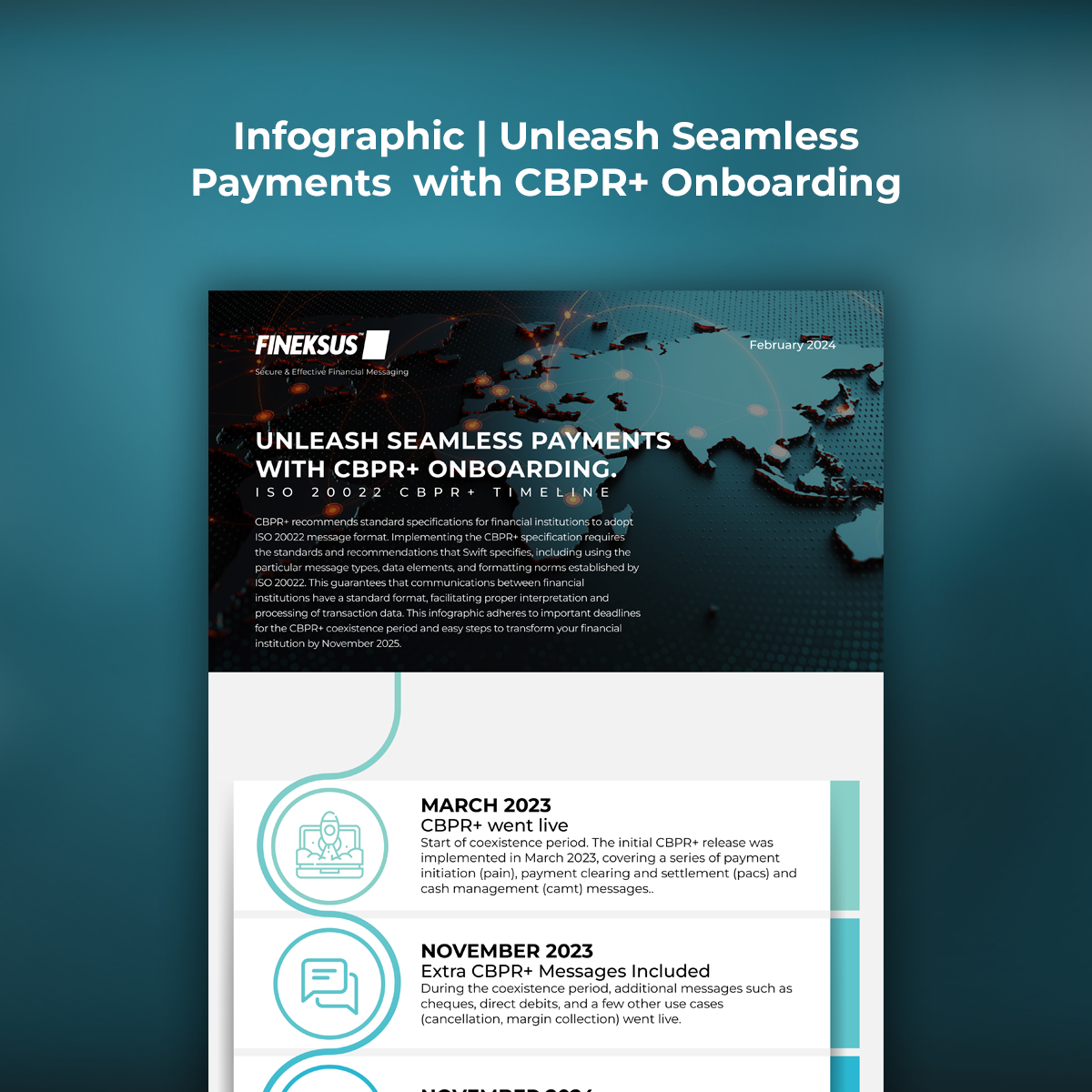
Anti-Money Laundering ACT 2020
Anti-money laundering act covers a number of laws, regulations, and procedures to prevent criminals’ illegal income and terrorist financing from being disguised as legitimate income. In the recent past, the national legislation on anti-money laundering and the financing of terrorism, aimed at preventing the introduction of revenues, which are generally obtained as a result of crime, into the financial system, has undergone serious changes in the recent past. Also, serious compliance obligations have been imposed on many sectors, especially the financial services sector. In this respect, some reforms were regulated by the anti-money laundering act of 2020.
What are the reforms in the Anti-Money Laundering Act of 2020?
Reforms to the anti-money laundering act of 2020 include changes related to FinCEN. FinCEN is to offer economic establishments with statistics approximately its issues concerning economic crime and any styles it has detected. The US Department of Treasury is to set up countrywide AML priorities within six months, which have to be up to date as a minimum every 4 years. Financial establishments’ efforts to contain countrywide AML priorities into their risk-primarily based totally programs – according to the Bank Secrecy Act – might be assessed through federal regulators. An economic group will need to show that its programs have the statistics FinCEN offers included in them. Anti-money laundering act additionally states that the obligation to set up and put into effect a Bank Secrecy Act-AML program needs to be executed through ‘people inside the United States’ who’re concerned with supervision through a federal regulator.
Until now, US economic establishments had the handiest restrained scope to percentage suspicious activity report information with overseas affiliates. But the anti-money laundering act makes FinCEN answerable for developing a program for such economic establishments to percentage SAR statistics with their overseas branches and subsidiaries.
Who is subject to Anti-Money Laundering Act?
Those subject to the anti-money laundering act are the BSA, FinCEN Regulations, and the MLCA. The BSA applies to:
- domestic monetary establishments;
- US branches of overseas monetary establishments working in the United States;
- non-US operations of overseas monetary establishments because of their courting with their US-primarily based totally operations, specifically via correspondent banking relationships;
- monetary establishments working completely out of doors American if their transactions are processed via a US monetary organization, or if US sanctions have an effect on the monetary establishments or the nations wherein they operate; and
- US person, described as ‘an individual, a corporation, a partnership, a belief or estate, a joint inventory company, an association, a syndicate, joint venture, or different unincorporated agency or group, an Indian Tribe, and all entities cognizable as felony personalities.’
All monetary establishments challenge to FinCEN policies are required to hold risk-primarily based totally AML programs. ‘Risk-primarily based totally’ isn’t particularly described withinside the FinCEN policies.
The MLCA’s cash laundering provisions practice to all US folks and overseas folks whilst the behavior happens in entire or in element withinside the US; the transaction includes belongings wherein American has a pursuant to a forfeiture order; or whilst the overseas man or woman is a monetary group with a US financial institution account. The MLCA’s crook spending provision applies to US folks and overseas folks whilst the offense takes vicinity withinside the US or a unique maritime or territorial US jurisdiction.
Anti Money Laundering Act 2020: Key Highlights
The anti-money laundering act of 2020 is the maximum consequential anti-cash laundering regulation exceeded via way of means of Congress in decades.
Among its many provisions, the anti-money laundering act gives for:
- multiplied whistleblower rewards and protections,
- the status quo of a useful possession registration database so that it will be carried out via way of means of the FinCEN,
- new BSA violations and more suitable BSA consequences for repeat and egregious violators and,
- multiplied subpoena power.
In addition, the anti-money laundering act of 2020 amended the regulation to mandate that the Secretary of the Treasury shall pay an award to whistleblowers whose data ends in successful enforcement of anti-money laundering laws.

